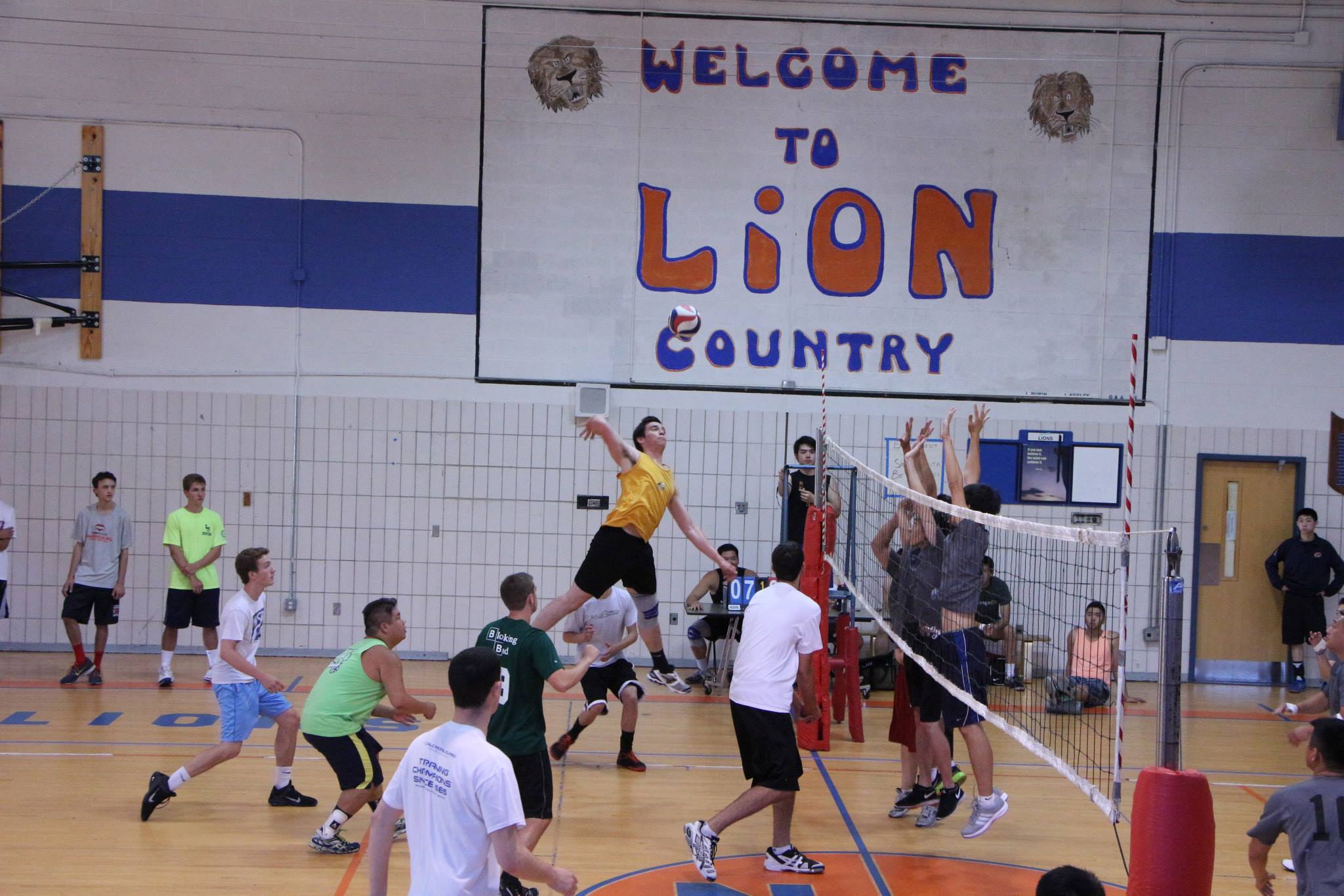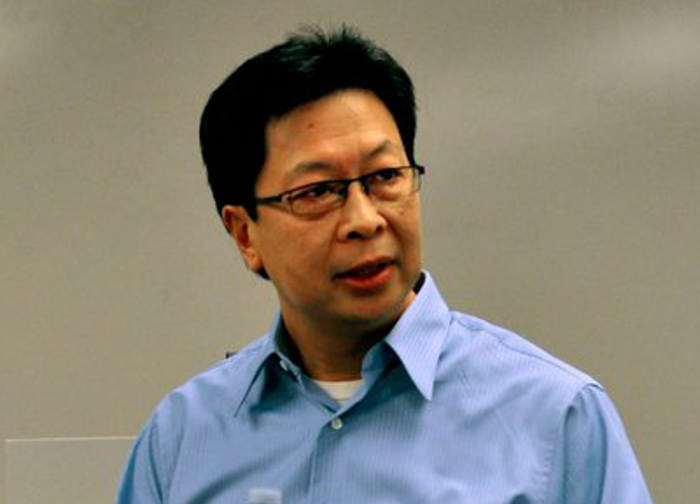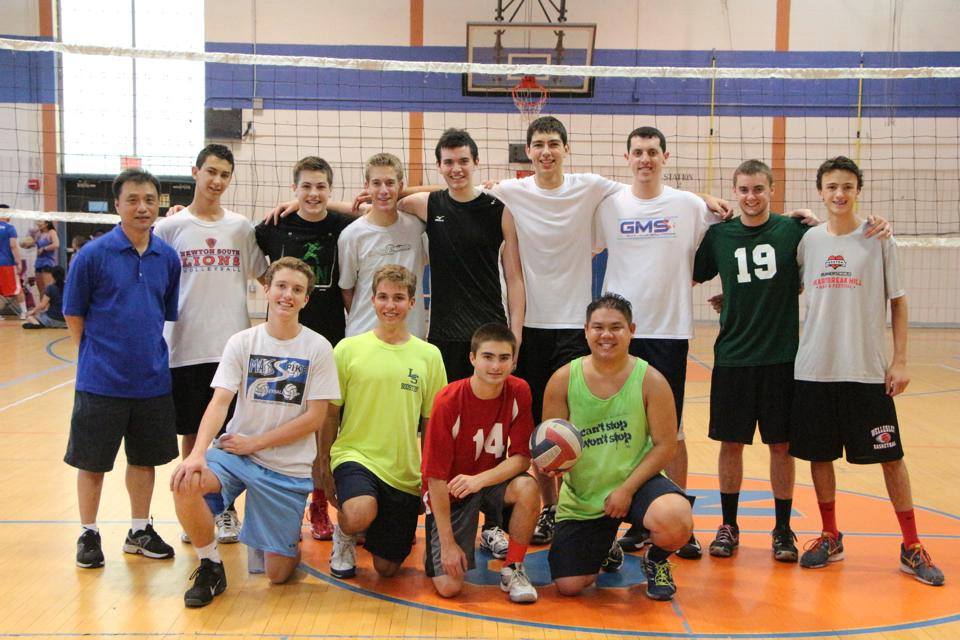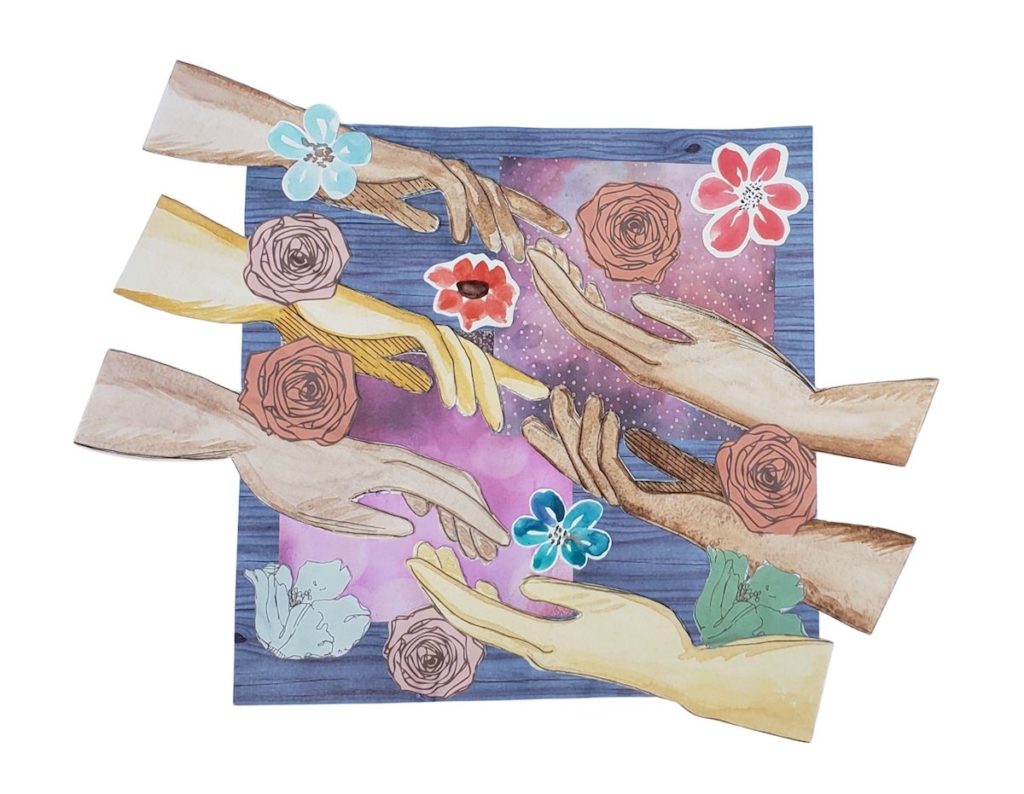We journeyed over two-hundred miles to play indoor volleyball in sweat-inducing temperatures. That draining, exhausting heat is as much a part of the game as are the unique rules of 9-man volleyball.

July 4, 2014
Gritty. Fast. Aggressive. These are the words that characterize 9-man volleyball, an exceptionally athletic sport of Chinese-American origin. Besides an increased number of players (three more than sixes volleyball), this traditional Asian-American and Asian-Canadian pastime allows for a variety of ingenious plays such as scooping and even dunking the ball. While the sport may appear to be a bastardization with its defiance of traditional-sixes volleyball rules, 9-man possesses a legacy spanning over eighty-odd years.
The 2nd Annual Boston Spike-Off was held in Newton, Massachusetts last weekend. This mini tournament was hosted by the Boston Hurricanes Athletic Club, which was founded in 1970 and is devoted to serving the local Asian community through its sports programs.
Inside Newton South High School’s gym, the humid heat rivaled the swelter of a New York summer’s day. My team, the New York Chinese Freemason Athletic Club, was one of twelve participating teams. We journeyed over two-hundred miles to play indoor volleyball in sweat-inducing temperatures. That draining, exhausting heat is as much a part of the game as are the unique rules of 9-man volleyball.
During the summer season of 9-man, there are often smaller tournaments hosted by teams throughout Chinese communities in North America. The Spike-Off in Newton followed 9-man tradition and its rules. But this year, the Boston Hurricanes suspended the controversial content rule which was first introduced in 1991. This rule has generated controversy in the past both on the courts and on the internet.
For the first time on the East Coast, persons of non-Asian descent were no longer barred from competing in 9-man. Jeff Chin, the current president of the Hurricanes, spearheaded the change. Chin, a long-time Hurricane, both as a player and coach since the 1980s, took a walk with me to escape the suffocating confines of the gym. Bespectacled and sporting Hurricane colors (blue), Chin sat down to discuss the fraternal culture and spirit of 9-man.
From what I’ve learned, the Hurricanes have always been open to all ethnicities. It has never just been restricted to the Asian American community. Have the Hurricanes inducted players of non-Asian descent into their 9-man roster?
JC: We’ve just began to roll into that. It was a very strategic conversation we had. So we considered the question of what is a member. So we examined sport clubs and what makes a member of such a club. They pay fees, and they play. While the reality of our program is we enter 9-man tournaments with the restriction of the Asian heritage, we always had the feeling that practiced players are players who have interest in the game and should be involved in some part. But what became more apparent is our participating profile. So, the profiles of our kids are not Chinatown-based kids anymore. They are 2nd generation suburban kids. And more often than not, most of their friends are not Asian. To say to someone “come play volleyball but your friend can’t come” doesn’t feel like the right type of message to send to anyone. These days, it’s a struggle to think about how to expand and how to re-facilitate for the interest. If a friend of my kid wants to play volleyball, we shouldn’t be thinking about it in the way that because we only do Asian tournaments, he can’t. That just isn’t the right message for the club.

Was this the first time that the “content-rule” was suspended at least on the East Coast?
JC: We had a conversation on what the ramifications would be. But if you talk to the really competitive players, they want competition and it doesn’t matter what the race of the players are. My son plays club volleyball and plays with every race, every color. And he’s got friends that are interested in playing 9-man. But they are unsure about how to go about it. And because this year, we were short a few teams, I said, so why don’t we open this up, to have more competition, to have more teams, more activity, and more energy around this tournament.
“But if you talk to the really competitive players, they want competition and it doesn’t matter what the race of the players are.”
9-man is a great sport. The coaches here are interested in 9-man because they see that kids that play nines’ become more skilled, more adaptive. They play better in sixes because the game slows down for them. And they want to know more about it. And I talk to other parents, like how you were talking to Scott (whose son played for the Polar Bears, a predominantly-white 9-man team), and he’s curious as to why his son, who loves volleyball and started playing 9’s, got better. But he [Scott] wasn’t able to see how the sport was played and that’s why he’s here today, soaking in the experience. And the more exposure there is, the better it is for our game.
So internally, we’ve talked strategically about being at the forefront of making such a decision. We were wondering if we would be ostracized by other clubs. We know that the sport has been around for us as a Chinese community for a long time but how do you attract others, even those of non-Asian descent? The benefits of the sport can be used in a much more embracing way and not only just for the Chinese community. So I ask what can be done to include others rather than to exclude others?
What about culture? Cultural integrity?
JC: It’s preservation of culture. But our Chinese American culture is mixed with Asian American culture. My son’s culture is different from my culture. But 9-man volleyball is the one thing that he gravitated to and also what gives him identity. And that’s also something we can use as a way of conversation, just like the conversations we can have with… Jewish, Hispanic. We do this and we can also say to them, so why don’t you also learn [to play]. And so we can have other ways to bond. This is where I see this going. While this probably won’t happen in my generation, this is just not a Hurricane thing. We heard from Washington before when they thought about the rules. But for the necessity of this particular tournament, we wanted to bring in more competition and more teams to build on and from the tournament. While part of such a decision is the drive for it to be a great event, the other part has its social goals. And 9-man is our way of including others, other people in our community. And I rather include than exclude.

What are possible ramifications, such as a [perceived] loss of culture, for opening up the sport?
JC: It’s a loss of identity. But look at how basketball has evolved and the sort of evolution that’s going on. But losing it, it’s not on the sport’s side that a person loses his identity. It has nothing to do with it. The sport of 9-man gives you that identity, but losing that identity comes from something else. From 9-man, one becomes confident. After all, it’s athletics.
Disregard a team’s racial composition. It’s still just a sport. It’s fun. It has its origins from Toisan and for a long time, we carried that flag. But you don’t lose anything by having an expanded player roster. If anything, they’ll have an appreciation of us too. They’ll look at us differently. They’ll see that these guys are pretty good and that’s not a bad thing to have.
“We were wondering if we would be ostracized by other clubs.”
For example, my son. He is on the State Final Championship team alongside five other Chinese guys. He’s also Player of the Year. That’s street-cred. I love the fact that 9-man gave him the facility to get better and that he was able to develop a love for the sport that became part of his identity. And other kids wonder how he gets better. That’s what I think is the message. Not that you’re Asian or even that you’re short, it’s that you or anyone can play some ball. And all the kids that play with and against him love him. They recognize that we have a program that builds those skills and I don’t want to say no to anyone who wants that regardless of their racial composition.
“And 9-man is our way of including others, other people in our community. And I’d rather include than exclude.”
How would you propose opening up the sport more? Would it be through mini-tournaments like this? Because I would guess the Spike-Off isn’t considered part of the “circuit” like other tournaments like the NYMini which reaches its 27th year this July.
JC: I remember going to the first NYMini. It wasn’t the thirty, forty, fifty teams that they have now. So, everything starts off small. You have to make baby steps. And I don’t know where this will go when I wake up five years from now. But I do know that we took some liberties because we could. And it’s only when you can, that one does this. And if there’s a bit of backfire, we’ll look back on it and say that it wasn’t a great experiment. But I see the kids like the Polar Bears who are having fun out there. That is what I see as the benefits of what we’re doing. And I don’t necessarily subscribe to the aspect that the all-Asian team must win. I’ve seen it in the circuits. Like the West Coast, they bring in their pros. That has nothing to do with culture.

